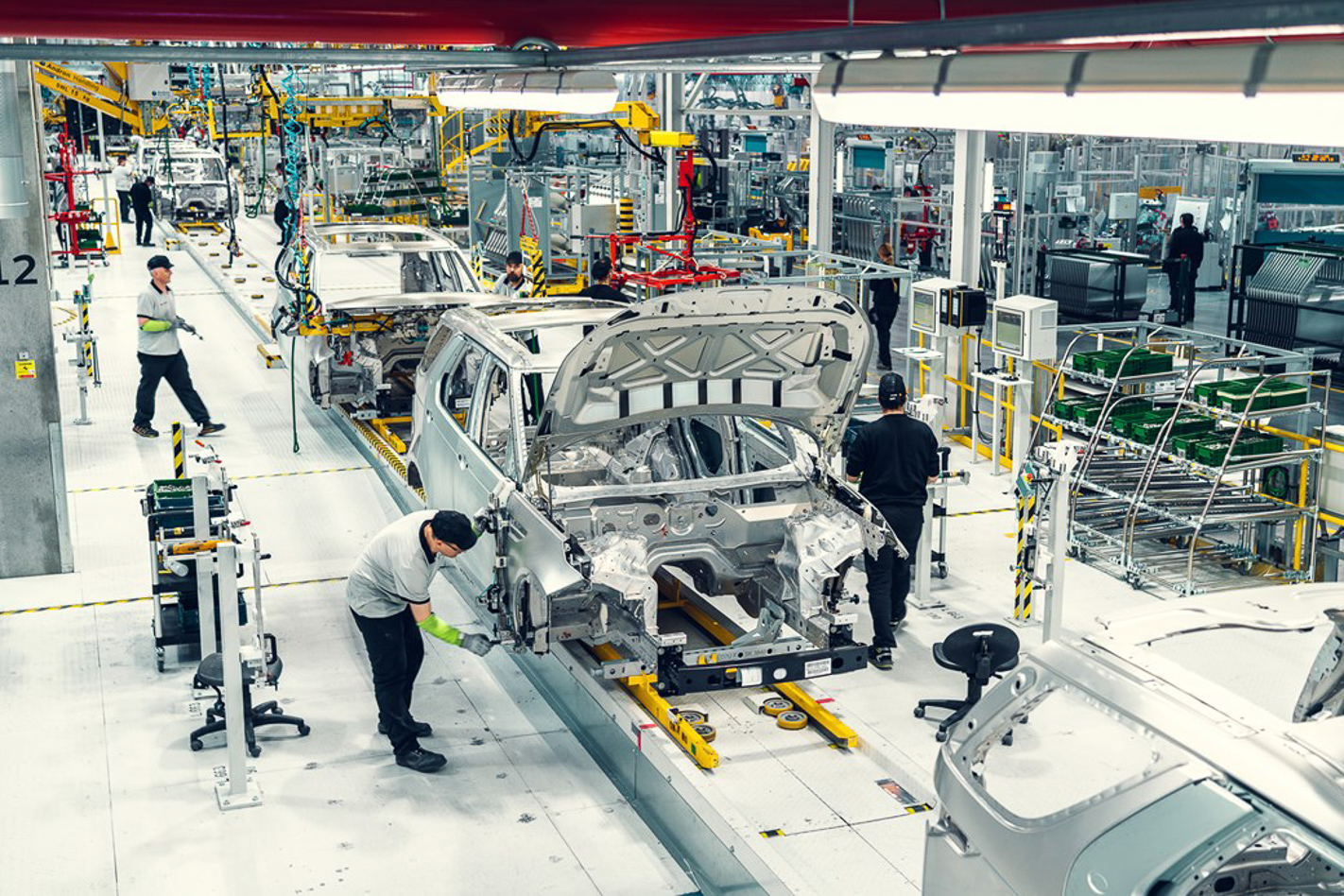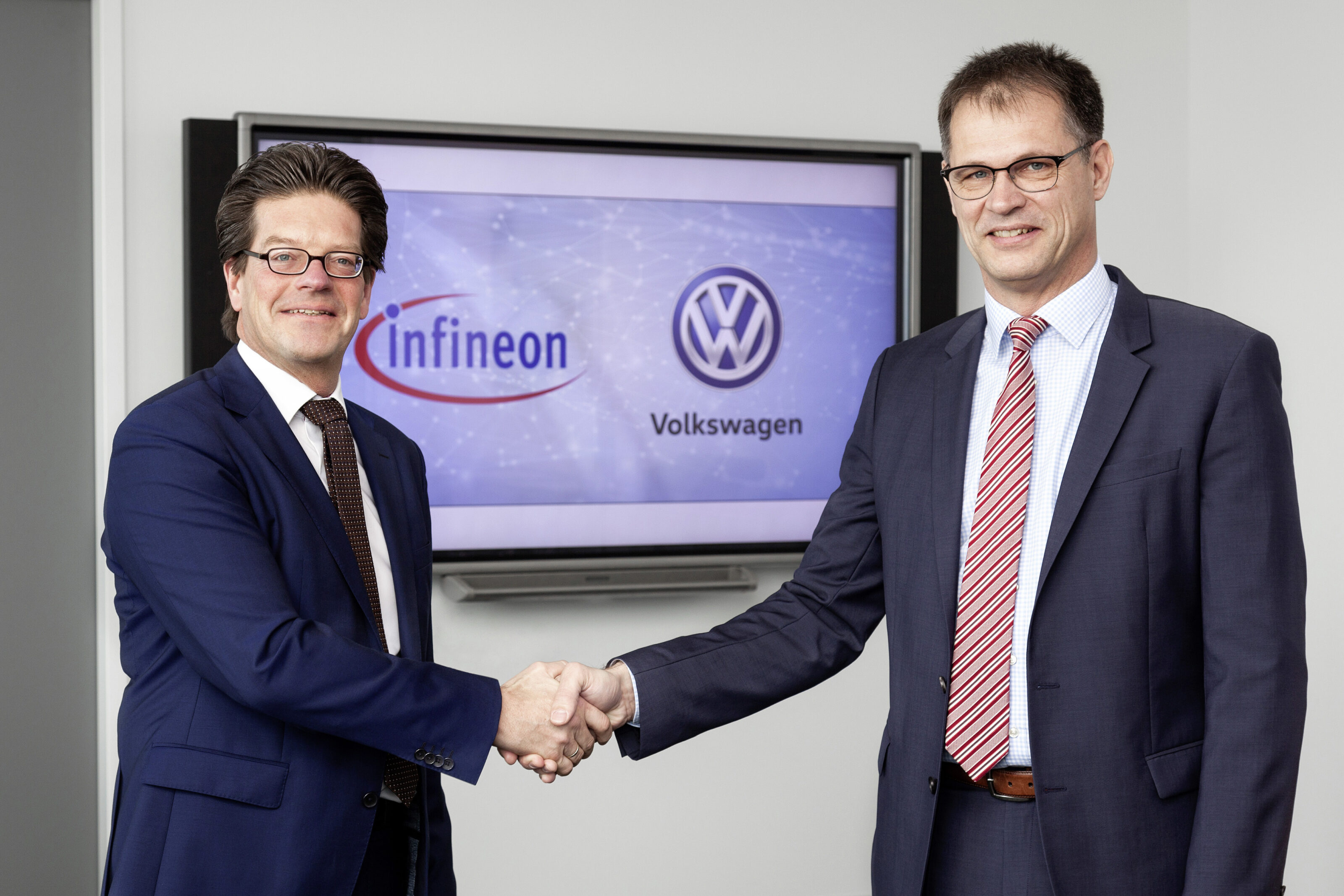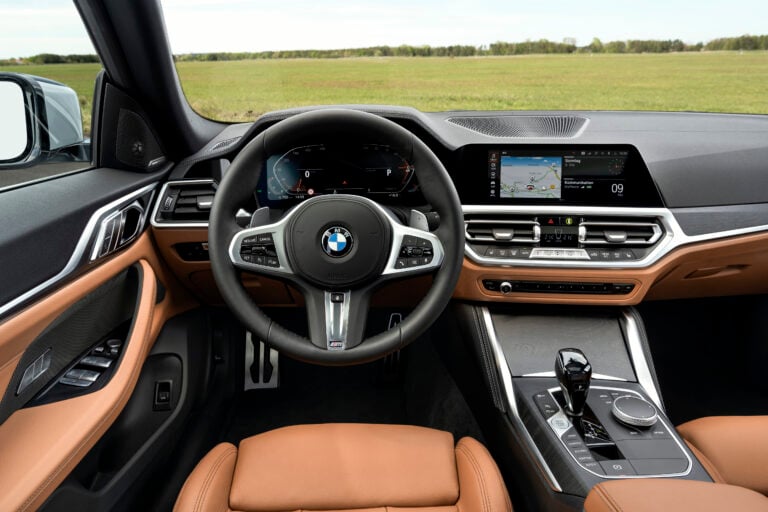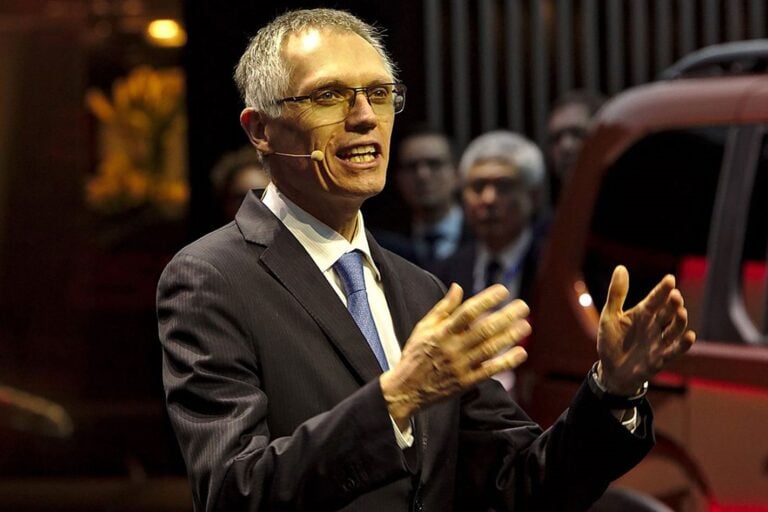
Representatives from the world’s largest semiconductor computer chip manufacturers say the current global shortage will last into 2023, with pressure on carmakers expected to continue until then.
Peter Schiefer, head of Infineon’s automotive department – one of the largest chip suppliers to the car industry – told Automobilwoche the situation should ease by next year, with manufacturers investing to ensure supply meets ever-increasing demand.
“I assume that we will be able to cover demand well in 2023,” Schiefer said, with his company investing €1.6 billion (AU$2.5 billion) in a new Austrian factory.
“The last issues will be resolved in 2023.”

The comments echo those made by the CEOs of Mercedes-Benz, BMW, and Volkswagen in September 2021, who suggested supply constraints won’t begin to ease until 2023.
Last week, Intel announced it would spend up to US$100 billion (AU$139 billion) to build the world’s largest chip plant in the US, with the aim of alleviating America’s dependence on semiconductors made in Asia.
While Intel CEO Pat Gelsinger agreed the issues will continue into 2023, he was less confident the problem would be resolved entirely.
“We still have years in front of us before we’re even having a semblance of supply/demand balance,” Gelsinger told Reuters.
“Ask yourself what portion of your life is not becoming more digital.”
The announcement comes after another announcement in September, in which Intel announced it was spending €80 billion (AU$128 billion) over the next decade to build semiconductor factories in Europe – including a plant dedicated to the automotive industry.
Carmakers have been struggling to build enough new vehicles due to the global chip shortage, exacerbated by production pressures caused by the ongoing COVID-19 pandemic.
A number of companies have been forced to strip out non-essential features in an effort to reduce the number of semiconductors required during manufacturing.
We recommend
-
 News
NewsBMW removes premium features to keep production rolling – UPDATE
Luxury models from BMW are being stripped back as the global chip shortage continues
-
 News
NewsStellantis boss believes semi-conductor shortage will continue into 2022
The worldwide chip supply issue is projected to drag on into next year
-
 News
NewsSemi-conductor shortage: how did we get here?
The global semi-conductor shortage has cost carmakers more than AU$140 billion, and more supply pain is predicted. Here's why, and what happens next




